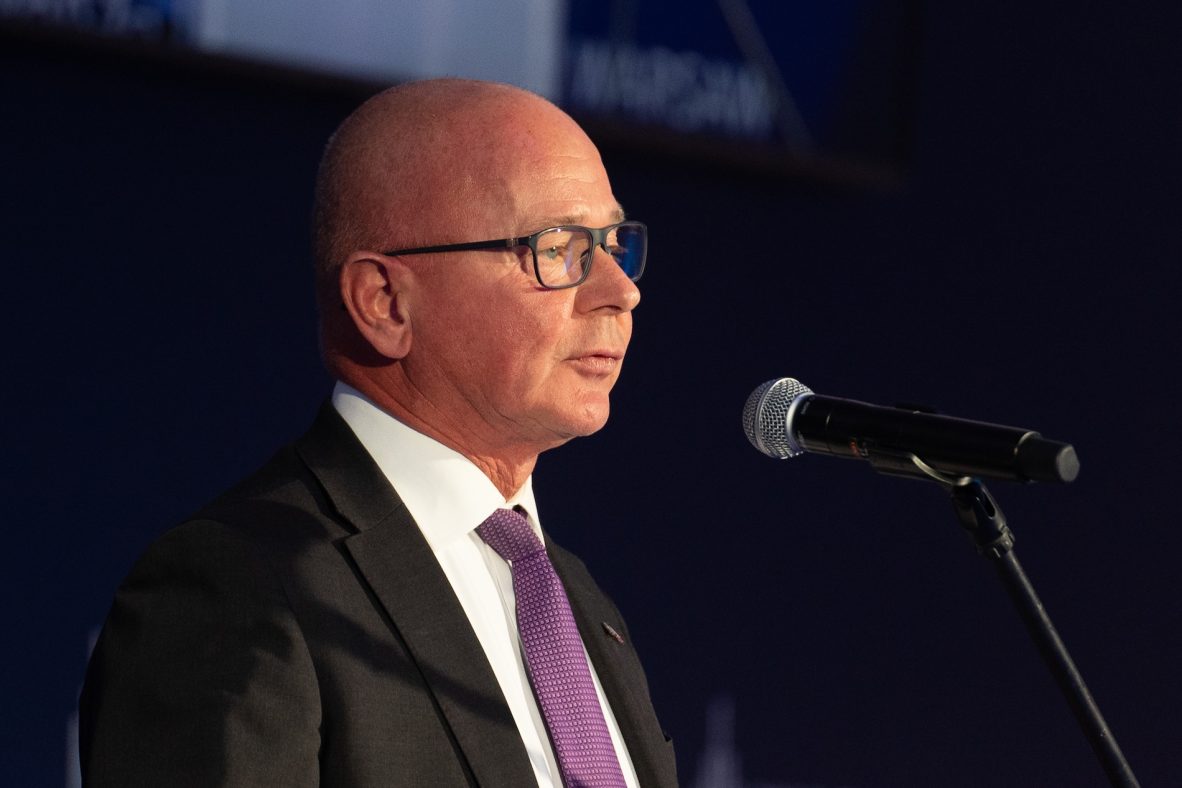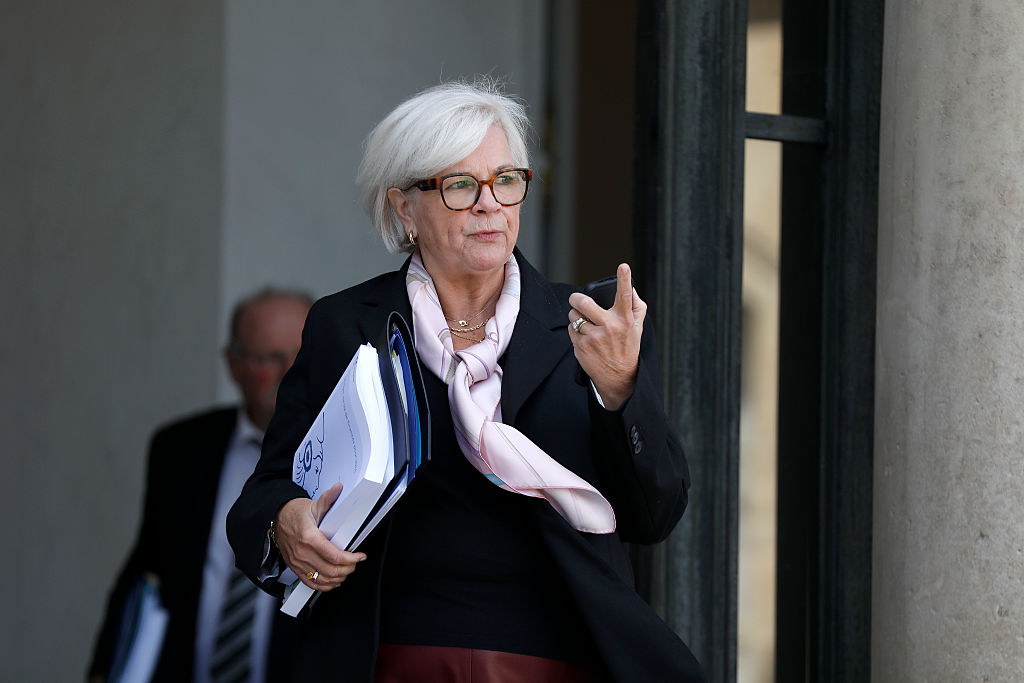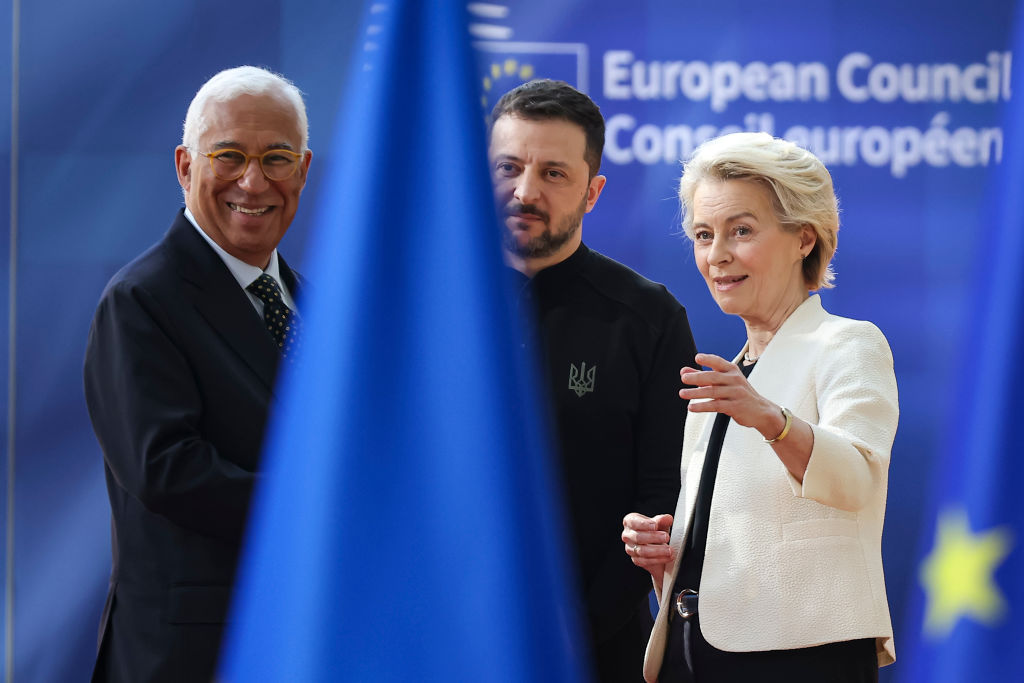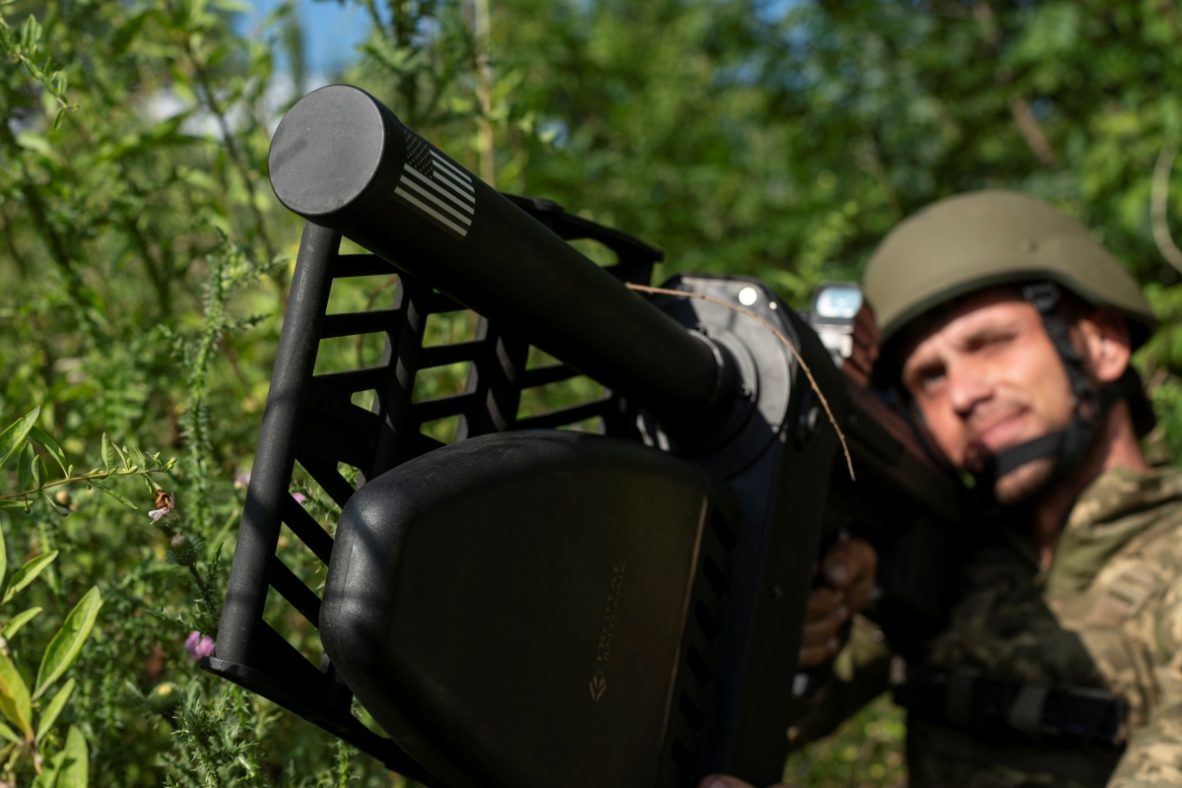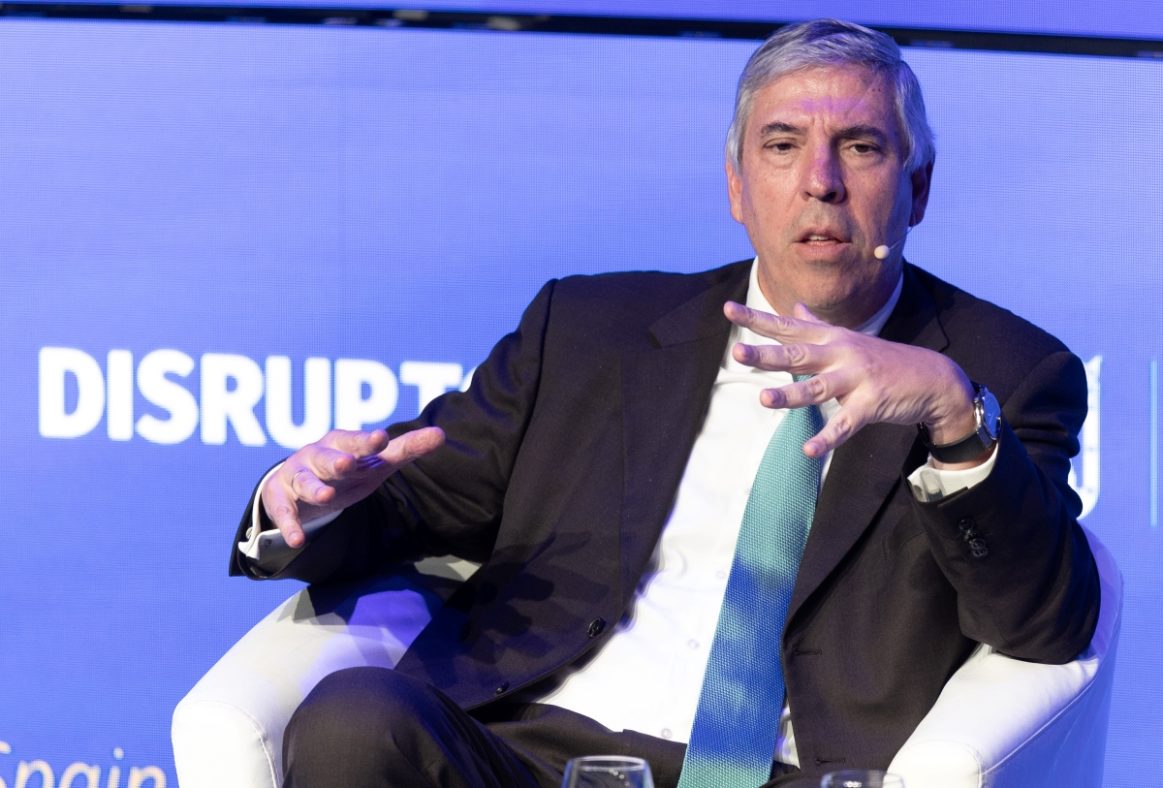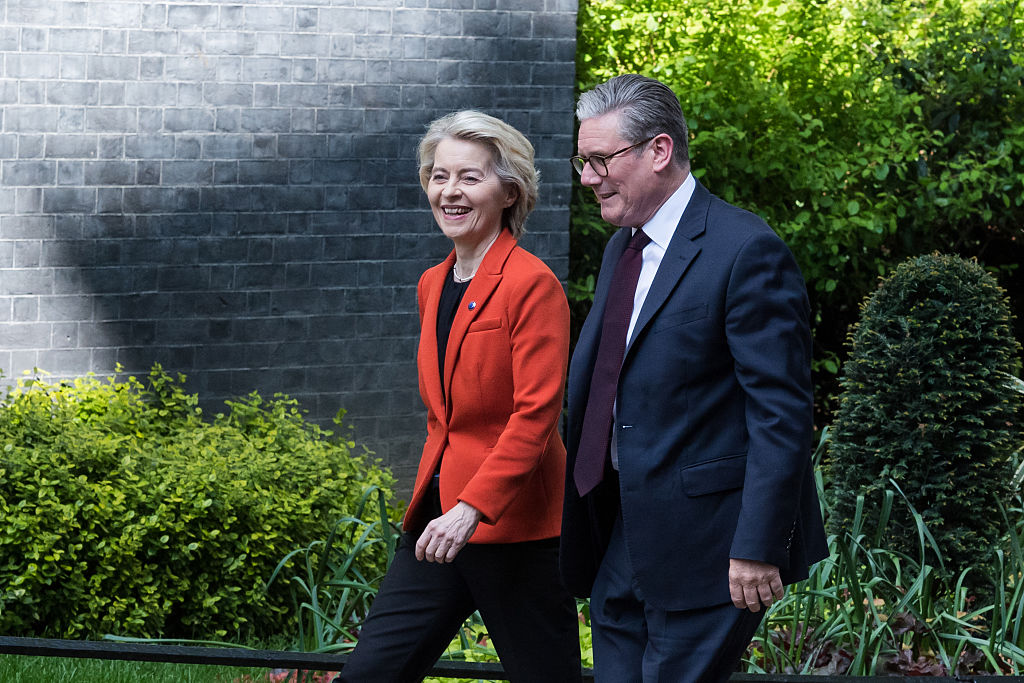Commission allocates two-thirds of EU's €150 billion SAFE defence loans to five countries
Countries have until November to detail exactly how they'll spend the money, but many include support for Ukraine in their plans
EU Defence Commissioner Andrius Kubilius broke down the Commission’s tentative loan allocations to 19 countries in a press conference with Tech Commissioner Henna Virkkunen in Strasbourg.
Poland’s €43.7 billion was the largest recipient country according to the tentative allocation, with almost one third of the total money available under the Commission’s SAFE defence loans programme.
Warsaw will receive 2.6 times more than the second-largest recipient, Romania, with €16.7 billion. Rounding out the top five are France and Hungary, with €16.2 billion each, and Italy with €14.9 billion.
The defence commissioner praised the “equal geographical spread” of loans through the programme, which he said demonstrated that “not only eastern frontier countries are interested” in SAFE.
The tentative allocation was decided through an “equitable system” that worked with the average of the minimum and maximum bids for loans submitted by the capitals, Kubilius explained. The tentative figures add up to the SAFE programme’s overall total of €150 billion.
The Commission announced the allocation now so that countries will have time to prepare detailed plans explaining how they would use the money ahead of a 30 November deadline.
Support for Ukraine is a common thread across 13 of the 19 countries’ plans.
“The programme also includes provisions to support Ukraine by enabling joint procurement efforts within and for the country,” Kubilius said.
In July, 18 countries expressed interest in taking the loans, with Poland leading the bids at €45 billions. France and Italy were also expected to be among the top bidders. But as Euractiv previously reported, the maximum bids for loans submitted by interested countries totalled an amount much higher than the programme’s €150 billion envelope.
Throughout the summer, the EU executive tried to get more countries in the programme. Before the initial deadline to request SAFE loans, Kubilius told Euractiv in an interview that he expected 20 countries to opt in – and described that as a “very conservative evaluation”.
Ireland and Denmark were both on the fence about opting in. But only Copenhagen – which currently holds the rotating presidency of the Council – ended up expressing interest at the end of August. It received the smallest tentative allocation of €46 million.
The defence commissioner called the quick implementation of the SAFE programme as a “big bang”, saying that Europe does not have time for the EU’s typical slow-moving legislative proposals and drawn-out debates that can stretch more than a year.
That comment was an apparent response to the European Parliament’s lawsuit over the use of emergency procedures to bypass the Parliament and fast-track SAFE without scrutiny from MEPs.
The Commission will evaluate detailed plans for spending SAFE loans after the late November deadline and present the plans to the Council, which will make decisions on each loan following the qualified majority procedure.
“The goal is to sign loan agreements and operational agreements with the member states in the first quarter of next year, and payments will follow immediately”, Kubilius told the press. Commission President Ursula von der Leyen previously said the Commission would start disbursing the first SAFE loans as early as this December.
(cp, bts)

